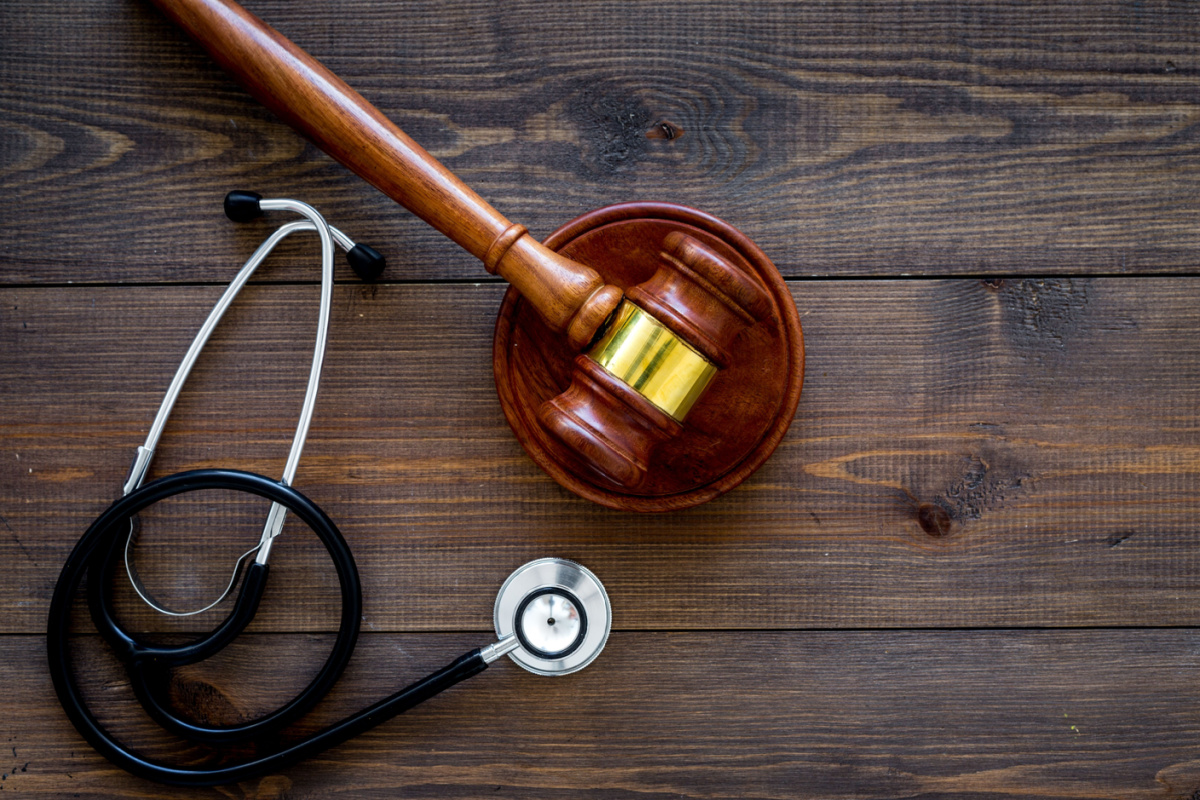
A Louisiana woman, Jaclyn Bjorklund, has taken legal action against Novo Nordisk and Eli Lilly. She has alleged the pharmaceutical companies behind Ozempic and Mounjaro, did not adequately alert users about the potential for serious gastrointestinal issues related to the medications.
The legal filing contends due to Bjorklund’s use of Ozempic and Mounjaro, she experienced significant gastrointestinal problems. These adverse effects have led to lasting and significant physical harm, emotional turmoil, pain, and medical costs, according to the suit.
Emotional distress is a form of non-economic damage recognized under personal injury law. In contrast to physical injuries like broken bones or cuts, emotional distress encompasses psychological harms such as anxiety, depression, or other emotional turmoil. In Louisiana, emotional distress claims often accompany claims for physical injuries but can also stand alone under certain conditions.
While economic damages like medical bills are easy to quantify, putting a number on emotional pain is not straightforward. Louisiana courts use various factors to assess the validity and scope of these claims, including the intensity and duration of the emotional suffering. It is also worth noting Louisiana follows a “pure comparative fault” rule, affecting how damages for emotional distress get calculated in multi-party incidents.
In Louisiana’s personal injury law, two primary categories of emotional distress claims emerge: intentional infliction and negligent infliction. Intentional infliction refers to situations where one person deliberately causes emotional harm to another. Actions such as harassment or bullying could fall under intentional infliction of emotional distress. On the other hand, negligent infliction deals with cases where someone’s carelessness leads to another person’s emotional suffering.
For instance, a driver not paying attention and causing a car accident could be liable for negligent infliction of emotional distress on the passengers or other drivers involved.
While both claim types focus on emotional damages, the key difference lies in intent. Intentional infliction demands proof of a deliberate act meant to cause emotional harm, whereas negligent infliction requires showing the defendant failed to exercise reasonable care, thereby leading to emotional distress. In either case, Louisiana courts scrutinize evidence closely to determine the validity of emotional distress claims.
Determining the extent of emotional distress damages in Louisiana involves a complex evaluation by courts. Unlike economic damages, such as medical expenses, emotional distress damages are more challenging to quantify. Several key factors come into play when courts make these assessments. Among them are the duration and severity of the emotional suffering experienced by the plaintiff. A long-lasting impact, such as chronic anxiety, tends to increase the compensation amount.
Another important aspect is the presence of corroborative evidence like medical records or psychological evaluations, which can substantiate the emotional distress claim. Courts also consider the circumstances under which the distress occurred. For example, a person involved in a minor car accident might not receive as much compensation for emotional distress as someone who endured a violent attack. Louisiana’s “pure comparative fault” rule is another element courts take into account. It affects how emotional distress damages are allocated among parties with varying degrees of fault.
Proving emotional suffering in a Louisiana court involves more than simply stating one’s feelings. Courts demand substantial evidence to support claims of emotional distress, making the burden of proof a significant hurdle for claimants. Medical documentation often serves as a starting point; records of therapy sessions or psychiatric evaluations can add weight to an emotional distress claim. Witnesses, such as family members or friends who can attest to a claimant’s emotional state, also provide valuable input.
Another factor courts may consider is the consistency of the emotional symptoms over time. An isolated event might not warrant a large settlement, but a persistent emotional condition like ongoing anxiety could strengthen a case. Moreover, direct ties between the defendant’s action or negligence and the claimant’s emotional condition must be clearly demonstrated. For example, showing a decline in emotional well-being directly after an accident helps solidify a claim. Overall, a compelling body of evidence is needed to meet the court’s evidentiary requirements for emotional suffering.
Recognizing the symptoms of emotional distress is a pivotal step in understanding the gravity of such claims in Louisiana courts. Emotional distress can manifest in various forms, ranging from anxiety and depression to sleep disturbances and even physical ailments like headaches or digestive issues. Symptoms like constant worry, irritability, or loss of interest in daily activities can all be indicators of emotional suffering.
Some individuals might experience severe mood swings, while others could undergo changes in appetite or weight. Chronic fatigue and a lack of concentration are also commonly associated with emotional distress. Additionally, extreme cases may involve panic attacks or social withdrawal. Courts often rely on medical evidence, like psychological evaluations or therapy records, to substantiate these symptoms when assessing emotional distress claims. While each case is unique, acknowledging and documenting these symptoms can help courts make more accurate judgments regarding emotional distress damages.
Louisiana operates under a “pure comparative fault” system, which has a distinct impact on emotional distress claims. Under this system, fault is allocated among all parties involved in an incident, affecting the final compensation. For example, if someone is found to be 20% at fault for an accident, any awarded damages would be reduced by the percentage.
When emotional distress is part of a claim, comparative fault can complicate matters. Let’s say someone experiences emotional trauma after a car accident. If both drivers share fault for the collision, the court will evaluate how much each party’s actions contributed to the emotional distress. The person claiming emotional suffering may see their compensation reduced if found partially responsible for the event causing the distress. Courts meticulously examine the actions of all parties to assign a fair percentage of fault, thereby affecting the final compensation for emotional distress.

When it comes to compensation for emotional distress in Louisiana, two primary routes exist: settlements and court awards. Settlements often occur outside the courtroom and involve negotiation between parties. These agreements can be quicker and less stressful than going to trial, although the compensation might be lower than what could be achieved in court. Settlements frequently cover both economic and non-economic damages, including emotional distress.
Court awards, on the other hand, result from a legal proceeding where a judge or jury makes the final decision on compensation. Damages for emotional distress get scrutinized carefully, considering factors like the severity and duration of emotional suffering. Courts also consider supporting evidence such as medical records and witness testimonies to arrive at a fair amount. Each path offers its own set of advantages and disadvantages, but both aim to provide financial relief for emotional suffering.
If you have suffered from emotional distress from a personal injury case, please contact the Charbonnet Law Firm, LLC online, or call our office at (504) 294-5094.

With over 50 years of legal experience serving families in the New Orleans area and surrounding Louisiana communities, our firm takes pride in providing clients with personalized legal services tailored to individual needs.